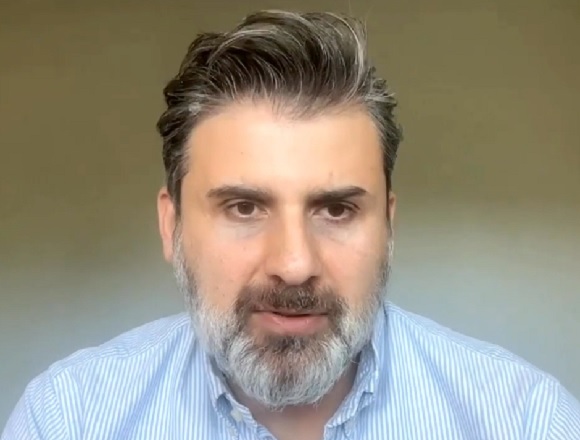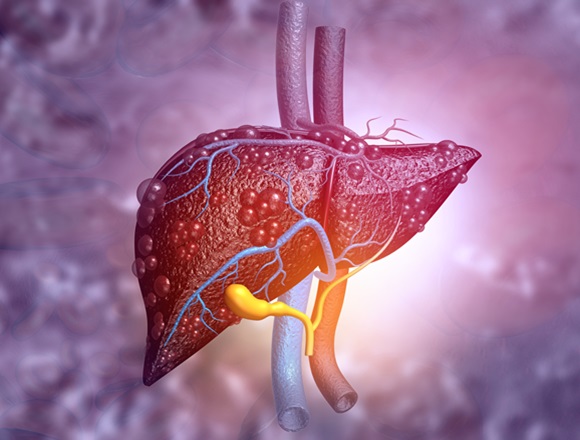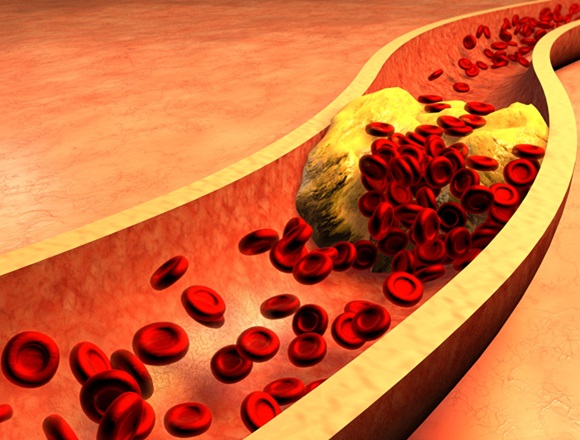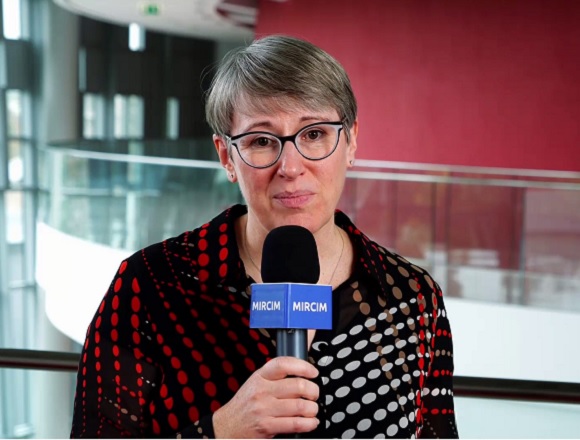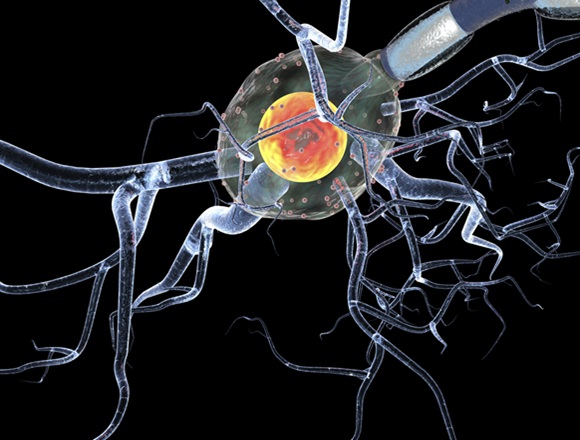References
Connolly SJ, Sharma M, Cohen AT, et al. Andexanet for Factor Xa Inhibitor-Associated Acute Intracerebral Hemorrhage. N Engl J Med. 2024;390(19):1745-1755. doi:10.1056/NEJMoa2313040.For a McMaster Perspective interview on andexanet in DOAC-treated patients with intracerebral hemorrhage, click here.
Background: In patients who are receiving treatment with a direct oral anticoagulant (DOAC) and develop intracerebral hemorrhage (ICH), there is uncertainty about management and whether reversal of the anticoagulant effect improves patient-important outcomes. Andexanet alfa, an agent that reverses the effects of DOACs that are factor Xa inhibitors (apixaban, edoxaban, rivaroxaban), was assessed for the management of DOAC-treated patients who developed ICH.
Methods: In this trial (ANNEXA-I) patients who had taken factor Xa inhibitors within 15 hours before being diagnosed with an acute ICH were randomly allocated to receive andexanet alfa or usual care. The primary study end point was hemostatic efficacy, defined by expansion of the hematoma volume by ≤35% at 12 hours after baseline, an increase in the score on the National Institutes of Health Stroke Scale (NIHSS) of <7 points (scores range from 0 to 42, with higher scores indicating worse neurologic deficits) at 12 hours after baseline, and no receipt of rescue therapy between 3 hours and 12 hours. The safety outcomes were stroke, other thrombotic events, and death.
Results: In total, 263 patients who were taking an anti–factor Xa DOAC (~90% of patients taking apixaban or rivaroxaban for atrial fibrillation) received andexanet alfa and 267 received usual care. In the usual-care group, 85.5% received a prothrombin complex concentrate (PCC). Hemostatic efficacy was achieved in 67% (150/224) of patients receiving andexanet alfa and in 53.1% (121/228) of patients receiving usual care (adjusted difference, 13.4 percentage points; 95% CI, 4.6-22.2; p = .003), with expansion of the hematoma volume by ≤35% at 12 hours after baseline occurring in 77% versus 65% patients and an increase in the NIHSS score of <7 points, in 88% versus 83%. The median reduction from baseline to the 1-to-2-hour nadir in anti–factor Xa activity was 94.5% with andexanet alfa and 26.9% with usual care (p < .001). Thrombotic events occurred in 10.3% (27/263) of patients receiving andexanet alfa and in 5.6% (15/267) of patients receiving usual care (difference, 4.6 percentage points; 95% CI, 0.1-9.2; p = .048), with ischemic stroke occurring in 6.5% (n = 17) and 1.5% (n = 4) of patients, respectively. There were no significant differences between the groups in terms of score on the modified Rankin scale or death within 30 days (27.8% vs 25.5%).
Conclusions: The authors concluded that in patients who were receiving a factor Xa inhibitor DOAC and developed ICH, andexanet alfa resulted in better control of hematoma expansion than usual care but was associated with more thrombotic events, including ischemic stroke.
McMaster editors’ commentary: The management of patients with anticoagulant-associated ICH is challenging, as up to two-thirds of such bleeds will be fatal or associated with major neurologic deficits. Although limiting intracranial hematoma expansion has proven clinical benefits and was more pronounced in patients who received andexanet alfa than usual care, this did not translate to reduced neurologic deficit or mortality advantages for the overall study population. The mechanism for the observed increase in thrombotic events with andexanet alfa is uncertain. There may be selected patients, such as those who present earlier after the bleed and do not have a prior history of stroke or thrombosis, in whom there is optimal net therapeutic benefit of andexanet alfa. These factors, coupled with the costs of reversal ($10,000-12,000 for andexanet alfa vs $4000-6000 for PCCs), should be considered in applying these results to clinical practice.
 English
English
 Español
Español
 українська
українська

